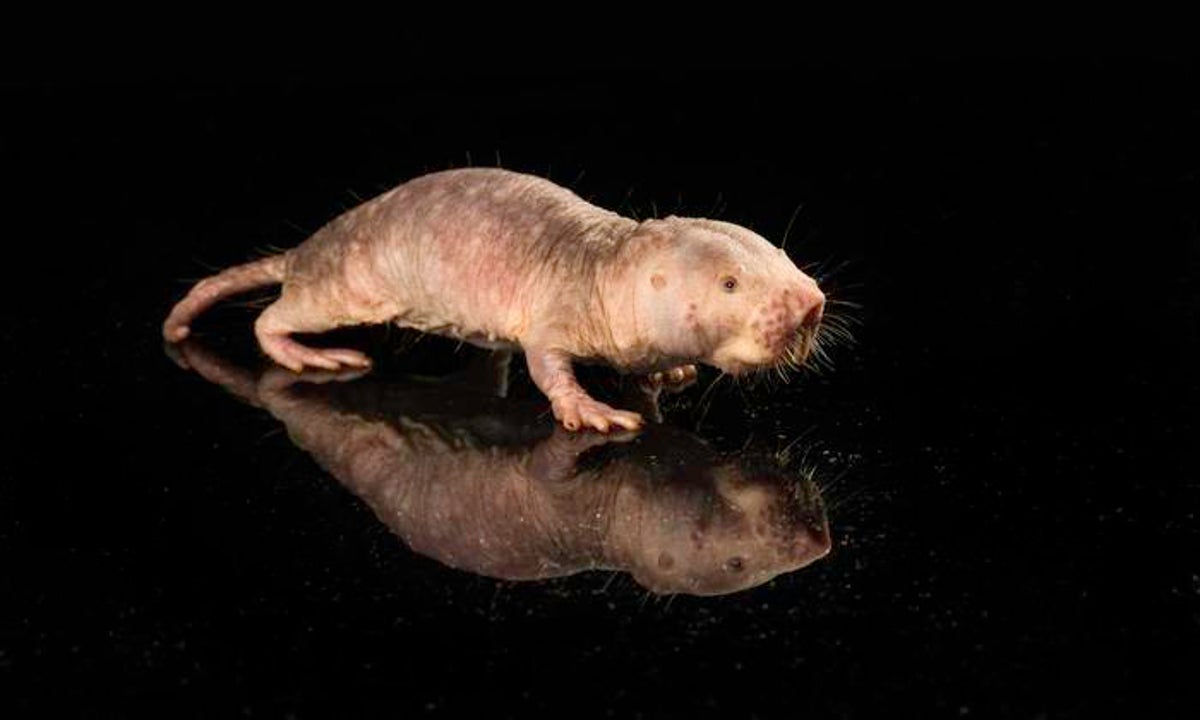
Scientists have successfully transferred a gene linked to longevity from naked mole rats to mice, an advance that has led to improved health and an extension of the mouse’s lifespan.
Researchers have long studied naked mole rats for their long lifespans and exceptional resistance to age-related diseases.
The new study, published recently in the journal Nature, introduced a specific gene responsible for enhanced cellular repair in mole rats into mice, leading to a nearly 5 per cent increase in average lifespan and overall improved health.
Scientists, including those from the University of Rochester in the US, say the findings open exciting possibilities for demystifying the secrets of ageing and extending the human lifespan.
“Our study provides a proof of principle that unique longevity mechanisms that evolved in long-lived mammalian species can be exported to improve the lifespans of other mammals,” study co-author Vera Gorbunova said.
Scientists successfully introduced into mice a gene responsible for making high molecular weight hyaluronic acid (HMW-HA) – a molecule responsible for naked mole rats’ unusual resistance to cancer.
Previous studies have shown that compared to mice and humans, the mole rats have about 10 times more HMW-HA in their bodies, and when the molecule’s gene was removed from the rats, their cells were more likely to form tumours.
In the new research, scientists genetically modified mice to produce the naked mole rat version of the hyaluronan synthase 2 gene – responsible for making a protein that produces HMW-HA.
Mice with the naked mole rat version of the gene were found to have better protection against both spontaneous tumours and chemically induced skin cancer, scientists said.
Researchers said the genetically modified mice also had improved overall health and lived longer compared to regular mice.
These mice also had less inflammation in different parts of their bodies, indicative of slower ageing, and also maintained a healthier gut, the study noted.
The new findings, according to researchers, can open new possibilities for improving lifespan and reduced inflammation in humans.
“We already have identified molecules that slow down hyaluronan degradation and are testing them in pre-clinical trials,” said Andrei Seluanov, another author of the study.
“We hope that our findings will provide the first, but not the last, example of how longevity adaptations from a long-lived species can be adapted to benefit human longevity and health,” Dr Seluanov said.







